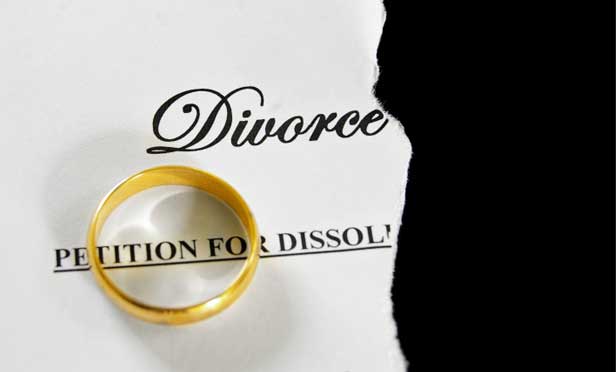When a married parent creates an irrevocable trust for the benefit of his or her children, the married parent, as the creator or settlor of the trust, often provides for his or her spouse to have certain rights with respect to the trust. For example, the settlor may name his or her spouse as a trustee of the trust or include the spouse as an income beneficiary of the trust during the spouse’s lifetime, with the principal being held for the benefit of the children. Although it may be difficult to plan for the “what if” of a divorce in establishing a trust, the trust document should contemplate to what extent a former spouse will remain as a trustee or beneficiary of the trust in the event of a divorce.
Parents/spouses frequently establish an irrevocable life insurance trust (ILIT) in which the trust is both the owner and beneficiary of life insurance policies on the settlor’s life, with the insurance proceeds paid to the trust, avoiding the payment of federal estate tax. By definition, an ILIT is irrevocable. This can present serious problems if the settlor and his or her spouse later divorce and the former spouse is included as a beneficiary or trustee of the trust. Divorce lawyers should be aware of various techniques to address the removal of a former spouse as a beneficiary or trustee of an ILIT and other irrevocable trusts, such as qualified personal residence trusts (QPRTs) and grantor retained annuity trusts (GRATs).
This content has been archived. It is available through our partners, LexisNexis® and Bloomberg Law.
To view this content, please continue to their sites.
Not a Lexis Subscriber?
Subscribe Now
Not a Bloomberg Law Subscriber?
Subscribe Now
LexisNexis® and Bloomberg Law are third party online distributors of the broad collection of current and archived versions of ALM's legal news publications. LexisNexis® and Bloomberg Law customers are able to access and use ALM's content, including content from the National Law Journal, The American Lawyer, Legaltech News, The New York Law Journal, and Corporate Counsel, as well as other sources of legal information.
For questions call 1-877-256-2472 or contact us at [email protected]



